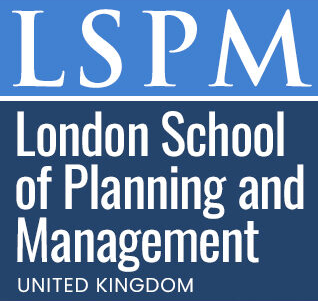Graduate Certificate in Legal isiXhosa System
Published on June 28, 2025
About this Podcast
HOST: Welcome to our podcast, where we explore unique and innovative courses that can advance your career. I'm thrilled to have our guest today, an expert in linguistics and legal studies. Today, we're discussing the Graduate Certificate in Legal isiXhosa System. Let's start with your personal experiences in this field. What inspired you to become involved in legal linguistics? GUEST: I've always been passionate about languages and social justice. Working in legal linguistics allows me to bridge the gap between cultures and contribute to a more inclusive legal system. HOST: That's inspiring! As an expert, how do you see the demand for legal isiXhosa professionals in the industry today? GUEST: There's a growing need for legal isiXhosa experts in various sectors, especially in South Africa. This course will help address that demand and improve cross-cultural communication. HOST: What challenges have you faced or observed in legal linguistics, specifically with the isiXhosa language? GUEST: One of the main challenges is the lack of standardized legal terminology in isiXhosa. This course aims to tackle that issue by providing a comprehensive curriculum, including translation, interpretation, and legal analysis. HOST: That's a great initiative. What do you think the future holds for legal linguistics and the role of indigenous languages in the legal system? GUEST: Indigenous languages play a vital role in preserving cultural heritage and ensuring equal access to justice. I believe we'll see more courses like this one, promoting the use of indigenous languages in legal proceedings. HOST: It's certainly an exciting time for this field. Thank you for sharing your insights with us today. To our listeners, don't miss out on this unique opportunity to enhance your legal and linguistic skills. Visit our website to learn more about the Graduate Certificate in Legal isiXhosa System and enroll today!
